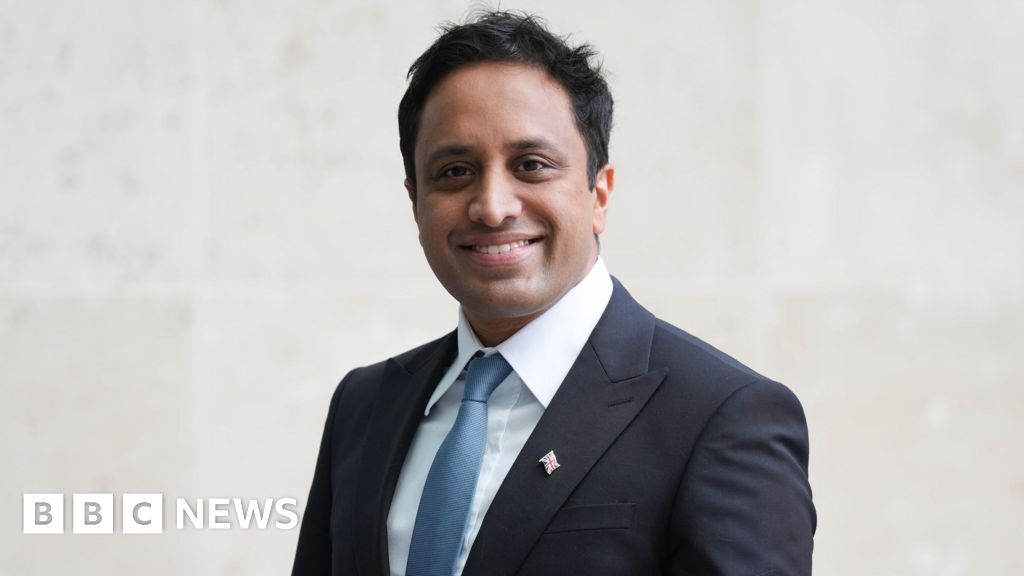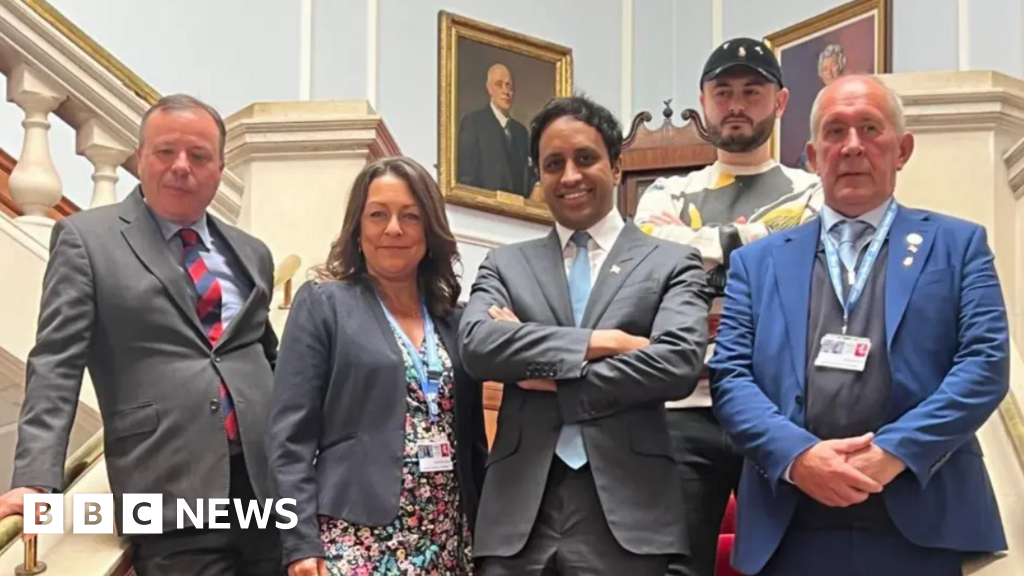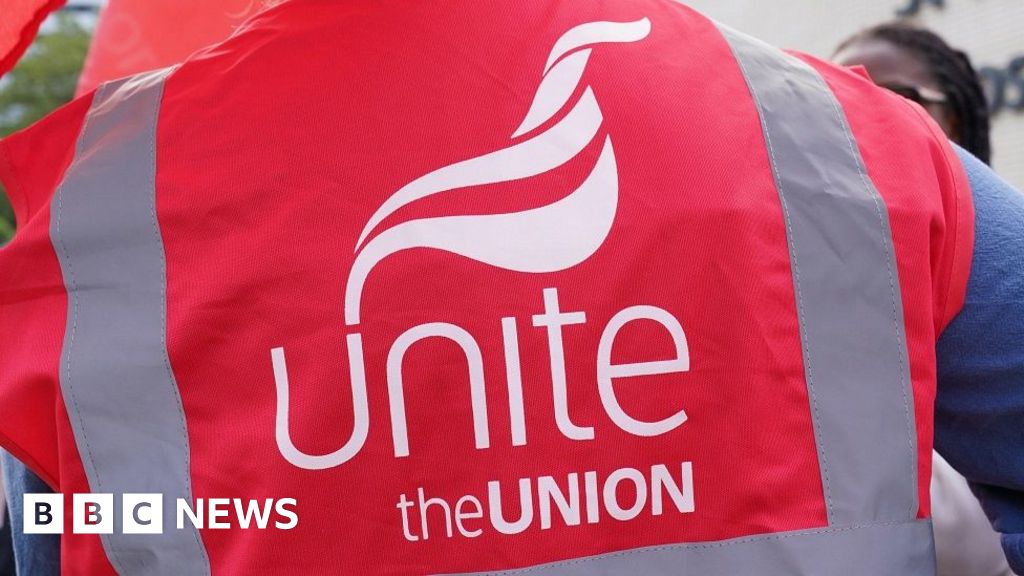ARTICLE AD BOX
By Mark Savage
BBC music reporter
image source, Reuters
image captionDua Lipa is one of the UK's most streamed artists - but less popular acts struggle to make a living, MPs sayThe UK's major record labels could face an inquiry into whether their practices are distorting the music market.
The government has written to the Competition and Markets Authority (CMA) asking it to consider an investigation into Sony, Warner and Universal Music.
It has also asked the watchdog to consider YouTube's dominance over the streaming market.
The move comes after MPs demanded a "complete reset" of the music industry, amid "pitiful returns" for artists.
The Culture Select Committee issued the call in a damning report this summer, after hearing evidence from musicians such as Nile Rodgers, Elbow and Radiohead in a six-month inquiry into music streaming.
Julian Knight, who chairs the committee, said while streaming had "brought significant profits to the recorded-music industry, the talent behind it - performers, songwriters and composers - are losing out".
He called for the CMA to investigate the commercial power wielded by major record labels, expressing concern they receive beneficial placement on playlists and storefronts at the expense of independent labels and self-releasing artists.
In an official response, the government said there "may be value" in such a market study but it was up to the CMA to decide whether to pursue it.
"We have written to the CMA on this recommendation," it added.
The British Phonographic Industry (BPI), which represents the UK's recorded-music industry, said it would comply with any resulting inquiry.
"Should the CMA conduct a study, we look forward to detailing labels' role in supercharging the careers of British talent within a complex and dynamic ecosystem," it said.
The culture committee's report, issued in July, was ultimately critical of the UK music industry.
While streaming had helped save the music industry, after two decades of illegal downloads, record labels and streaming companies had subsequently "leveraged structural advantages to achieve seemingly unassailable positions" in their markets, it said.
In its response, the government said the select committee's inquiry had provided "invaluable insights" into music streaming but "there is still work to be done to understand the problems musicians are facing".
It called for more research into the way musicians were paid and royalties shared, saying it would "assess different models" to see how they would affect the industry, including "equitable remuneration" - where labels and artists receive an equal share of streaming royalties, in contrast to the current arrangement, where artists receive about 16%.
The government also said it wanted to "explore ways in which new and upcoming songwriters [and] composers" could be paid more fairly.
The MPs' report noted writers received particularly poor revenues from streaming services, after pop composer Fiona Bevan revealed she had earned just £100 for a track on Kylie Minogue's number-one album Disco.
"Right now, hit songwriters are driving Ubers," she told the inquiry. "It's quite shameful"
In its response, the government said it would work with Credit's Due - an initiative launched by Abba's Bjorn Ulvaeus - to ensure writers received proper credit and remuneration for songs they worked on.
It also agreed with the select committee curators who made playlists on services such as Spotify and Apple Music should adhere to a "code of conduct" to avoid bribes and favouritism.
'Pitiful earning'
Mr Knight welcomed the government's response, saying: "Our inquiry into music streaming exposed fundamental problems within the structure of the music industry itself.
"It is testimony to all those who gave evidence to our inquiry that the government has acknowledged our report as a 'key moment' for the music industry.
"Within days we expect to see the government's own research published into the pitiful earning of creators in this digital age and hope it will corroborate what artists and musicians told us.
"We will be monitoring the outcome and what tangible steps the government pledges to take to redress this unfairness and reward the talent behind the music."
The BPI said: "We welcome government's recognition of the need for a better understanding of the complexity of the music-streaming market".
Working together to address areas of concern was "preferable to legislative intervention", it said, warning new regulations could jeopardise the industry's "hard won return to growth after years of decline".
Follow us on Facebook or Twitter @BBCNewsEnts. If you have a story suggestion, email entertainment.news@bbc.co.uk.

 3 years ago
58
3 years ago
58








 English (US) ·
English (US) ·